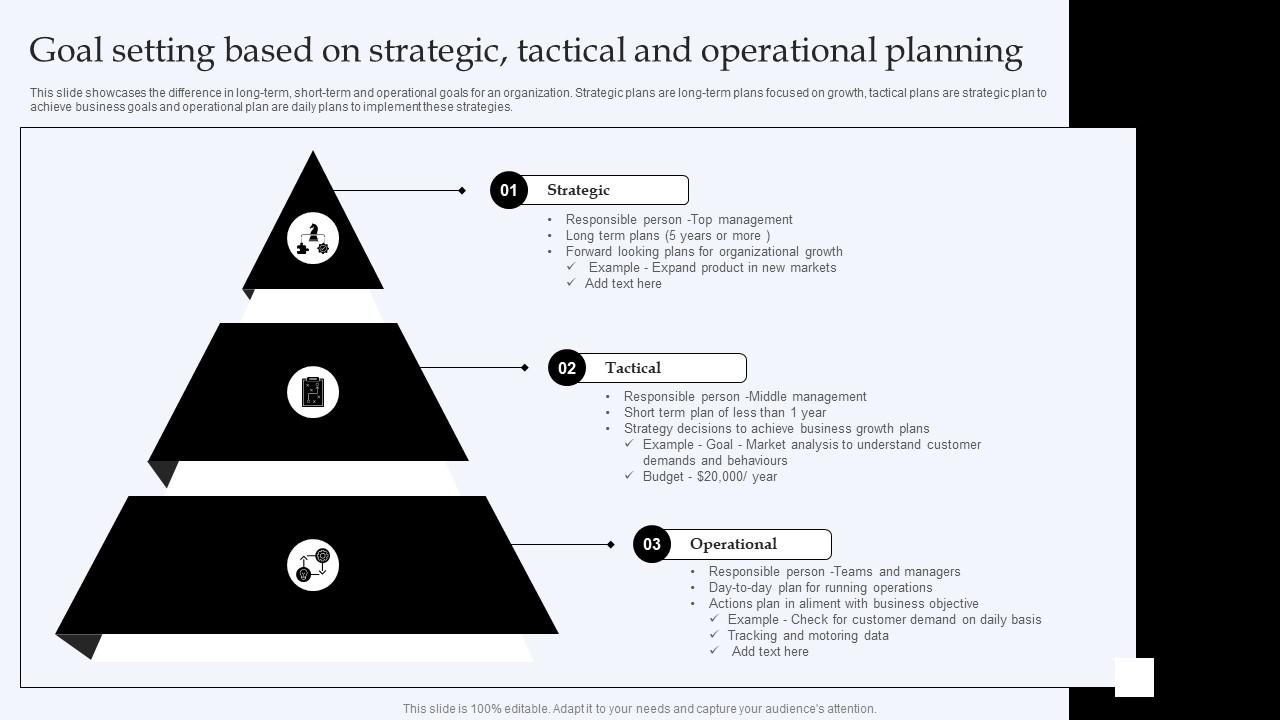Strategic planning
Virtual Success: Business Webinars and Virtual Events

Virtual Success: Business Webinars and Virtual Events
In an era where physical gatherings face limitations, business webinars and virtual events have emerged as essential tools for organizations to connect with their audience, share knowledge, and foster engagement. Let’s explore the strategies and benefits that make virtual events a key component of modern business strategies.
The Evolution of Business Events in a Virtual Landscape
The landscape of business events has transformed significantly, with a notable shift toward virtual experiences. This evolution has been driven by various factors, including technological advancements, changing work dynamics, and the need for accessible and inclusive modes of interaction. Business webinars and virtual events have become integral to maintaining meaningful connections in a digital-centric world.
Engaging Audiences through Dynamic Webinars
Webinars serve as dynamic platforms for engaging audiences in real-time. These virtual events allow businesses to present information, host discussions, and interact with participants seamlessly. Engaging content, interactive features such as Q&A sessions and polls, and the ability to connect from anywhere in the world contribute to the success of webinars in keeping audiences actively involved.
Strategic Planning for Virtual Event Success
The success of virtual events hinges on strategic planning that aligns with organizational goals. From defining event objectives and selecting the right virtual platform to promoting the event effectively, a well-thought-out plan is crucial. Businesses are investing time in understanding their audience, tailoring content to their needs, and creating a seamless virtual experience.
Leveraging Technology for Immersive Experiences
Technological advancements play a pivotal role in enhancing the immersive quality of virtual events. Businesses are leveraging features such as virtual reality (VR), augmented reality (AR), and interactive platforms to create engaging and memorable experiences. These technologies bring a sense of presence to virtual events, making participants feel as if they are part of a physical gathering.
Global Reach and Inclusivity in Virtual Events
One of the standout benefits of virtual events is their ability to reach a global audience. Geographical barriers are virtually eliminated, allowing businesses to connect with participants from different corners of the world. This global reach contributes to a more diverse and inclusive event environment, fostering collaboration and idea exchange on a broader scale.
Data-Driven Insights for Event Optimization
The digital nature of virtual events provides businesses with valuable data and insights. Analytics tools offer information on participant engagement, content performance, and audience demographics. Businesses can leverage these insights to optimize future events, tailor content to audience preferences, and measure the overall impact of their virtual initiatives.
Networking Opportunities in Virtual Spaces
Networking is a vital component of business events, and virtual spaces are evolving to facilitate meaningful connections. Features like virtual lounges, one-on-one meeting capabilities, and networking sessions create opportunities for participants to engage with speakers, sponsors, and fellow attendees. Virtual networking mirrors the social aspect of in-person events, fostering relationship-building in a digital environment.
Adaptability and Continuity in Challenging Times
The adaptability of virtual events has proven invaluable, particularly in challenging times. When physical events faced cancellations or restrictions, businesses swiftly
Elevating Insights: Business Conferences and Summits Success
Elevating Insights: Business Conferences and Summits Success
Business conferences and summits serve as dynamic platforms for networking, knowledge-sharing, and industry collaboration. In this article, we explore the key elements that contribute to the success of these impactful events, shedding light on the strategies that elevate insights and engagement.
Strategic Planning: Defining Objectives and Audience
The success of any business conference or summit starts with strategic planning. Clearly defining the objectives of the event and understanding the target audience are fundamental steps. Whether it’s fostering industry connections, sharing groundbreaking insights, or showcasing innovative products, a well-defined strategy guides the planning process and sets the stage for success.
Curating Relevant Content: Knowledge is Key
The heart of any successful business conference or summit lies in its content. Curating relevant and compelling content is crucial to attracting attendees and keeping them engaged. From keynote presentations to panel discussions and interactive workshops, the content should align with the event’s objectives, provide valuable insights, and address the current challenges and trends within the industry.
Dynamic Speaker Lineup: Experts and Influencers
A dynamic speaker lineup significantly contributes to the success of conferences and summits. Securing industry experts, thought leaders, and influencers as speakers enhances the event’s credibility and attracts a diverse audience. A mix of seasoned professionals and emerging voices provides attendees with a comprehensive and insightful experience.
Engaging Attendees with Interactive Sessions
Interactivity is a key element in keeping attendees engaged throughout the event. Incorporating interactive sessions such as Q&A panels, roundtable discussions, and live polls fosters attendee participation. Engaged participants are more likely to retain information, forge connections, and leave the event with a sense of value and satisfaction.
Utilizing Technology for Seamless Experiences
Technology plays a pivotal role in the success of modern business conferences and summits. Utilizing event apps, virtual platforms, and other technological solutions enhances the attendee experience. From providing easy access to event schedules and resources to facilitating virtual networking opportunities, technology contributes to the seamless execution of the event.
Strategic Networking Opportunities: Building Connections
Networking is a central component of business conferences and summits. Facilitating strategic networking opportunities, such as dedicated networking sessions, industry-specific meetups, and virtual matchmaking, creates an environment conducive to building meaningful connections. Networking enhances the overall value of the event for attendees, providing opportunities for collaboration and partnership.
Thoughtful Venue Selection: Atmosphere Matters
The choice of venue sets the tone for the entire event. Whether it’s a physical location or a virtual space, the venue should align with the event’s theme and objectives. A thoughtful venue selection contributes to the overall atmosphere, creating an environment that enhances engagement and leaves a positive impression on attendees.
Comprehensive Event Marketing Strategies
Effectively marketing a business conference or summit is essential for attracting a diverse and relevant audience. Employing comprehensive marketing strategies, including targeted email campaigns, social media promotion, and collaborations with industry partners, ensures that the event reaches its intended audience. Marketing efforts should convey the unique value proposition of the event and highlight key features that
Strategic Triumph: Business Goal Setting Unleashed

Strategic Triumph: Business Goal Setting Unleashed
Setting and achieving business goals is a cornerstone of success. In the dynamic landscape of entrepreneurship, effective goal setting strategies can pave the way for growth, innovation, and long-term sustainability. Let’s explore the essential strategies to unleash the power of goal setting for your business.
Clarifying Your Vision: The Foundation of Goal Setting
Before diving into specific goals, it’s crucial to clarify your business vision. What do you aspire to achieve? What values drive your organization? A clear vision serves as the foundation for goal setting, providing a guiding light for strategic decisions. Take the time to articulate a compelling vision that aligns with your mission and resonates with your team and stakeholders.
SMART Goals: Setting the Stage for Success
The SMART criteria (Specific, Measurable, Achievable, Relevant, and Time-Bound) are a proven framework for effective goal setting. Specific goals provide clarity, measurable goals offer tangible criteria for success, achievable goals ensure they are realistic, relevant goals align with your overall objectives, and time-bound goals establish a deadline for accomplishment. Applying the SMART framework enhances the precision and impact of your business goals.
Breakdown Complex Goals: Enhancing Manageability
Complex goals can be overwhelming, leading to a lack of focus and motivation. Break down overarching goals into smaller, more manageable tasks. This approach not only makes progress more tangible but also allows for continuous evaluation and adjustment. By tackling smaller milestones, your team stays motivated and gains a sense of accomplishment, contributing to the overall success of larger objectives.
Alignment with Core Values: Ensuring Consistency
Business goals should align seamlessly with your core values. Alignment with values ensures that your pursuits are consistent with the principles that define your organization. This consistency fosters a sense of authenticity, both internally with your team and externally with customers. Goals that resonate with your values are more likely to garner genuine commitment and support from all stakeholders.
Regular Evaluation and Adjustments: A Dynamic Approach
Goal setting is not a static process; it requires regular evaluation and adjustments. Schedule periodic reviews to assess progress, identify challenges, and make necessary adjustments. This dynamic approach allows your business to respond to changes in the external environment, capitalize on emerging opportunities, and stay resilient in the face of unforeseen challenges.
Engage Your Team: Fostering Collective Ownership
Involving your team in the goal-setting process fosters a sense of collective ownership and commitment. Encourage open communication and seek input from various team members. This collaborative approach not only brings diverse perspectives to the table but also increases team buy-in. When everyone feels a sense of ownership in the goals, motivation and accountability naturally follow.
Celebrate Milestones: Motivating Progress
Celebrating milestones, no matter how small, is essential for maintaining motivation and momentum. Acknowledge and reward achievements to show appreciation for your team’s efforts. Recognizing progress not only boosts morale but also reinforces a positive and goal-oriented culture within the organization. Milestone celebrations contribute to sustained enthusiasm and commitment.
Adaptability in Goal Setting: Navigating Change
In today’s

